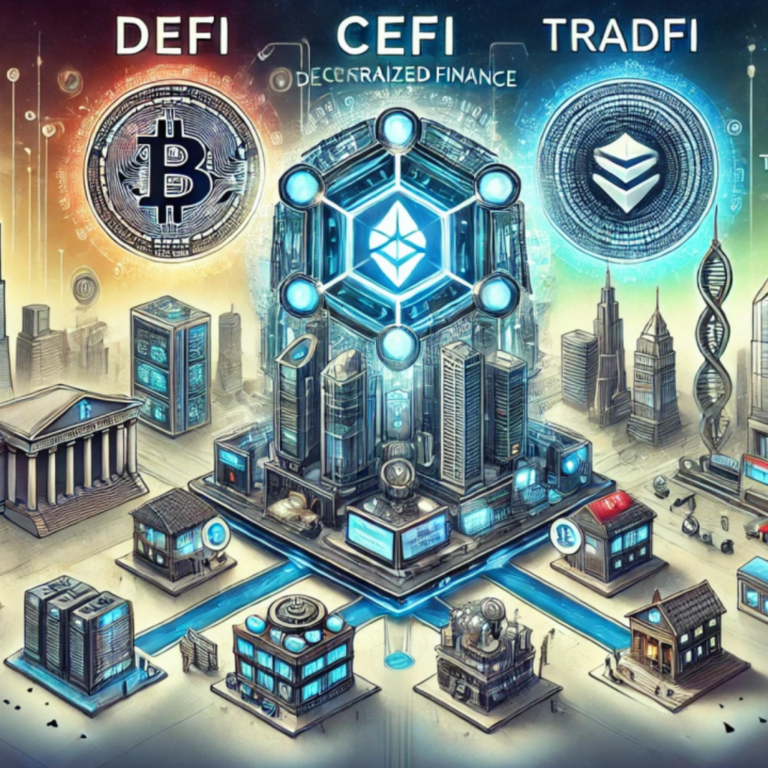

What If Day Trading Could Make You Rich — But Break You First? A Look at the Risks Behind the Hype
Day trading is booming, especially among young investors. But behind the fast profits lies a maze of risks. Here’s why the danger doesn’t stop its rise.

Web3 Revolution in Indonesia: Decentralized Internet and What It Means for the Nation
Web3 explained Indonesia gives a clear breakdown of how the decentralized internet is taking shape in the country. From crypto, NFTs, DeFi to digital identity, this article explores the Web3 trends shaping Indonesia’s digital evolution.

Why Vietnam Ranks #5 in Global Crypto Adoption — And What That Means for Everyday Users
Vietnam now ranks 5th in global crypto adoption. Driven by everyday needs, innovation, and changing laws, this article explores why crypto is booming in Vietnam.

Rising Trend of New Traders in Indonesia and the Costly Mistakes They Must Avoid
As the trading boom continues in Indonesia, many beginners enter the market unprepared. This trend analysis reveals the common mistakes new traders make and the corrective mindset needed for long-term success.

NFTs 2025: Frequently Asked Questions About Their Future and Relevance
Q1: What is an NFT, exactly? NFT in NFTs 2025 stands for Non-Fungible Token. In simple terms, it’s a unique digital asset stored on a blockchain — like a certificate of ownership for something digital (an image, a song, a video, a virtual item). Unlike cryptocurrencies such as Bitcoin or Ethereum, NFTs are not interchangeable….

Mastering Your Trades: The Rise of Trading Journal Indonesia for Smarter Strategies
A trading journal is more than a log—it’s a tool for self-discipline and strategy. Discover how Indonesian traders can build and benefit from one today.

Reading Market Trends in Vietnam: How TradingView Tools Help You See the Bigger Picture
Vietnamese traders are using TradingView tools to analyze trends in VN-Index and forex markets. Here’s how beginners can interpret the big picture.

Analyzing Emotional Trends That Make or Break Beginners
Trading psychology Indonesia: When Indonesian beginners enter the markets, their focus often lies solely on charts, technical indicators, or trading signals. Yet within weeks or months, many find the real battle isn’t with price action—it’s with their own thoughts. Trading psychology Indonesia isn’t just a buzz phrase; it’s the architecture of how decisions are made…

Why More Vietnamese Are Choosing to Buy Gold Online in 2025
Digital gold is changing the way Vietnamese people invest. This article explores why buying gold online has become more than just a trend in 2025.


















